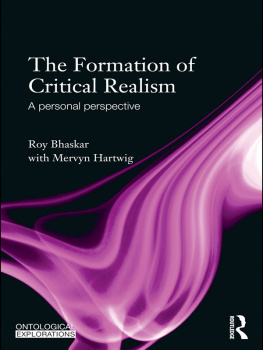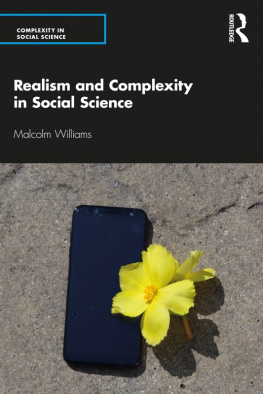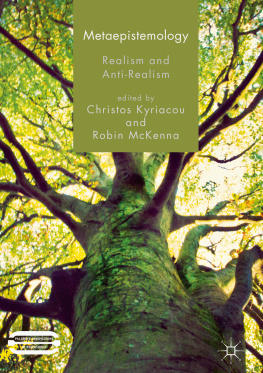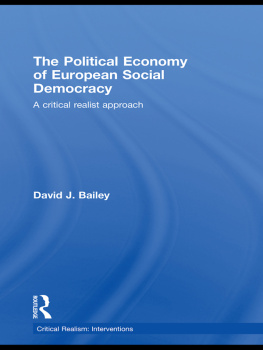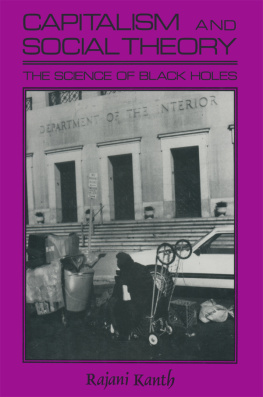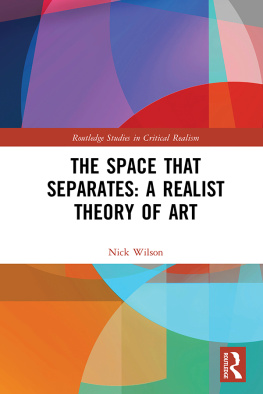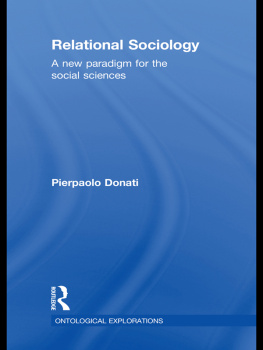Naturalizing Critical Realist Social Ontology
This important book provides detailed critiques of the method of transcendental argumentation and the transcendental realist account of the concept of causal power that are among the core tenets of the Bhaskarian version of critical realism. Kaidesoja also assesses the notions of human agency, social structure and emergence that have been advanced by prominent critical realists, including Roy Bhaskar, Margaret Archer and Tony Lawson. The main line of argument in this context indicates that the uses of these concepts in critical realism involve ambiguities and problematic anti-naturalist presuppositions.
As a whole, these arguments are intended to show that to avoid these ambiguities and problems, critical realist social ontology should be naturalized. This not only means that transcendental arguments for ontological doctrines are firmly rejected and the notion of causal power interpreted in a non-transcendental realist way. Naturalization of the critical realist social ontology also entails that many of the core concepts of this ontology should be modified so that attention is paid to the ontological presuppositions of various non-positivist explanatory methods and research practices in the current social sciences as well as to new approaches in recent cognitive and neurosciences.
In addition to providing a detailed critique of the original critical realism, the book develops a naturalized version of the critical realist social ontology that is relevant to current explanatory practices in the social sciences. In building this ontology, Kaidesoja selectively draws on Mario Bunges systemic and emergentist social ontology, William Wimsatts gradual notion of ontological emergence and some recent approaches in cognitive science (i.e. embodied, situated and distributed cognition). This naturalized social ontology rejects transcendental arguments in favour of naturalized arguments and restricts the uses of the notion of causal power to concrete systems, including social systems of various kinds. It is also compatible with a naturalized version of scientific realism as well as many successful explanatory practices in the current social sciences. By employing the conceptual resources of this ontology, Kaidesoja explicates many of the basic concepts of social ontology and social theory, including social system, social mechanism, social structure, social class and social status.
Tuukka Kaidesoja is a postdoctoral researcher at the Academy of Finland Centre of Excellence in the Philosophy of the Social Sciences, University of Helsinki, Finland.
Ontological explorations
Other titles in this series:
From One Empire to the Next
Radha DSouza
Science for Humanism
The recovery of human agency
Charles R. Varela
Philosophical Problems of Sustainability
Taking sustainability forward with a critical realist approach
Jenneth Parker
Dialectic and Difference
Dialectical critical realism and the grounds of justice
Alan Norrie
Interdisciplinarity and Climate Change
Transforming knowledge and practice for our global future
Edited by Roy Bhaskar, Cheryl Frank, Karl Georg Hyer, Petter Naess and Jenneth Parker
Conversations about Reflexivity
Edited by Margaret S. Archer
Relational Sociology
A new paradigm for the social sciences
Pierpaolo Donati
Sociological Realism
Edited by Andrea M. Maccarini, Emmanuele Morandi and Riccardo Prandini
The Economics of Science: A Critical Realist Overview
Volume 1: Illustrations and philosophical preliminaries
David Tyfield
The Economics of Science: A Critical Realist Overview
Volume 2: Towards a synthesis of political economy and science and technology studies
David Tyfield
Ontology Revisited
Metaphysics in social and political philosophy
Ruth Groff
Childhoods, Real and Imagined
Volume 1: an introduction to critical realism and childhood studies
Priscilla Alderson
Naturalizing Critical Realist Social Ontology
Tuukka Kaidesoja
First published 2013
by Routledge
2 Park Square, Milton Park, Abingdon, Oxon OX14 4RN
Simultaneously published in the USA and Canada
by Routledge
711 Third Avenue, New York, NY 10017
Routledge is an imprint of the Taylor & Francis Group, an informa business
2013 Tuukka Kaidesoja
The right of Tuukka Kaidesoja to be identified as author of this work has been asserted by him in accordance with sections 77 and 78 of the Copyright, Designs and Patents Act 1988.
All rights reserved. No part of this book may be reprinted or reproduced or utilized in any form or by any electronic, mechanical, or other means, now known or hereafter invented, including photocopying and recording, or in any information storage or retrieval system, without permission in writing from the publishers.
Trademark notice: Product or corporate names may be trademarks or registered trademarks, and are used only for identification and explanation without intent to infringe.
British Library Cataloguing in Publication Data
A catalogue record for this book is available from the British Library
Library of Congress Cataloging-in-Publication Data
Kaidesoja, Tuukka.
Naturalizing critical realist social ontology/Tuukka Kaidesoja.
pages cm. (Ontological explorations)
Includes bibliographical references and index.
1. Social sciencesPhilosophy. 2. Ontology. 3. Critical realism. I. Title.
H61.15.K35 2013
300.1dc23
2013000555
ISBN: 978-0-415-67028-9 (hbk)
ISBN: 978-0-203-75348-4 (ebk)
Typeset in Times New Roman
by Wearset Ltd, Boldon, Tyne and Wear
Many people have helped me in various ways during the writing of this book and I am thankful for them all. Here I would like to mention especially those colleagues and friends who provided many valuable comments on the earlier drafts of the chapters. They include Dave Elder-Vass, Antti Gronow, Ilkka Kauppinen, Poe Yu-ze Wan and Petri Ylikoski as well as three anonymous referees. All of them provided comments and ideas which have improved the final version of the text. Obviously, the responsibility of the remaining errors is solely mine. I also wish to extend my thanks to Pertti Ttt who was both the reviewer and opponent of my doctoral dissertation, since this book is based on my dissertation. Thanks for inspiring courses, supervision and encouragement during my undergraduate and postgraduate studies at the University of Jyvskyl goes to Ilkka Alanen, Kaj Ilmonen, Martti Siisiinen and Veli Verronen. I also wish to thank all of my current colleagues at the Finnish Centre of Excellence in the Philosophy of the Social Sciences at the University of Helsinki for providing a philosophically inspiring working environment. My parents have also encouraged and supported me in many ways during the writing process for which I am grateful. Above all, I am thankful for my dear wife Sisko for her love and support as well as my beautiful daughter Nuppu for just being herself.


